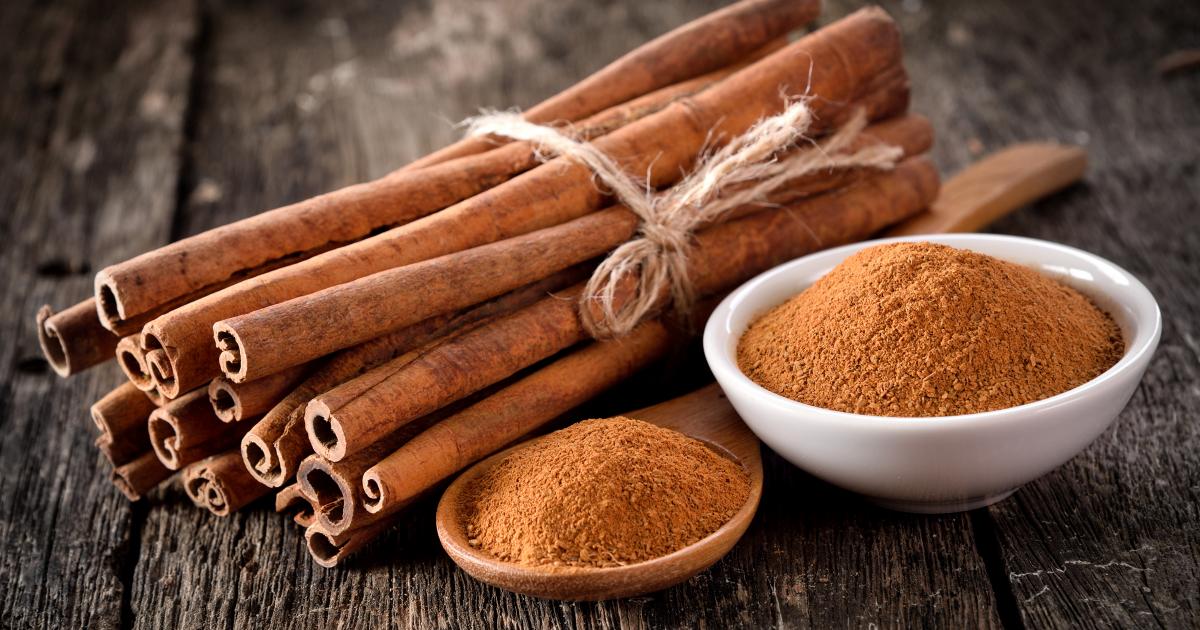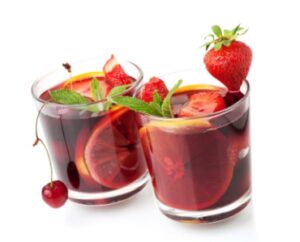
Suggested video What products are in season in January?
Video 1 of 1
As soon as the first frosts appear, cinnamon becomes omnipresent in our diet. Cinnamon rolls, teas, infusions, mulled wine, Christmas cookies, it’s the time of year when you can’t escape it, and it’s certainly not just a coincidence! For our grandmothers, this spice would have the ability to fight against the onset of colds and flu. But is it a legend just like cola against gastro or does this spice really have its virtues?
Cinnamon, particularly the Ceylon variety, is rich in antioxidant compounds such as polyphenols. It is an excellent source of manganese, iron and calcium. According to a study published in 2006 in the American Journal of Clinical Nutrition, cinnamon is among the 50 most antioxidant foods! These antioxidants can strengthen the immune system by acting against viruses, germs and bacteria thanks to its antibacterial, antiviral and antifungal properties. Cinnamon thus strengthens the body’s response to viral infections, including colds. Additionally, cinnamon has anti-inflammatory properties that may also help relieve cold symptoms.
However, the effectiveness of cinnamon is evident if it is consumed daily, and not just from time to time. It is preferable to adopt it as a preventive treatment, especially in the presence of a person around you with a cold. To do this, infuse a cinnamon stick with lemon juice and honey.
Honey has antiseptic and antibacterial properties, while lemon, rich in vitamin C, stimulates the immune system, as does cinnamon. By combining these three ingredients, you can concoct a very effective cold remedy. Drink at least one cup every day. Besides, did you knowthat you should not put honey directly in the infusion?
As with spices, quality varies commercially. It is therefore essential to choose it carefully if you really want to benefit from its benefits. Choose “Ceylon Cinnamon” rather than “Cassia or Chinese Cinnamon”, because the former offers a more subtle aroma and contains less coumarin, a potentially toxic compound in large quantities. Opt for whole cinnamon sticks rather than the powder, as this guarantees greater freshness and therefore more active ingredients. Powdered cinnamon is also more likely to be adulterated and mixed with other types of cinnamon from China or Vietnam. Check the origin of the product by choosing reputable and certified organic brands to avoid additives and pesticides. Quality cinnamon is often characterized by a lighter color and finer texture.
Source:https://www.750g.com/la-cannelle-contre-le-rhume-ce-remede-de-grand-mere-est-il-vraiment-efficace-a36111.htm


